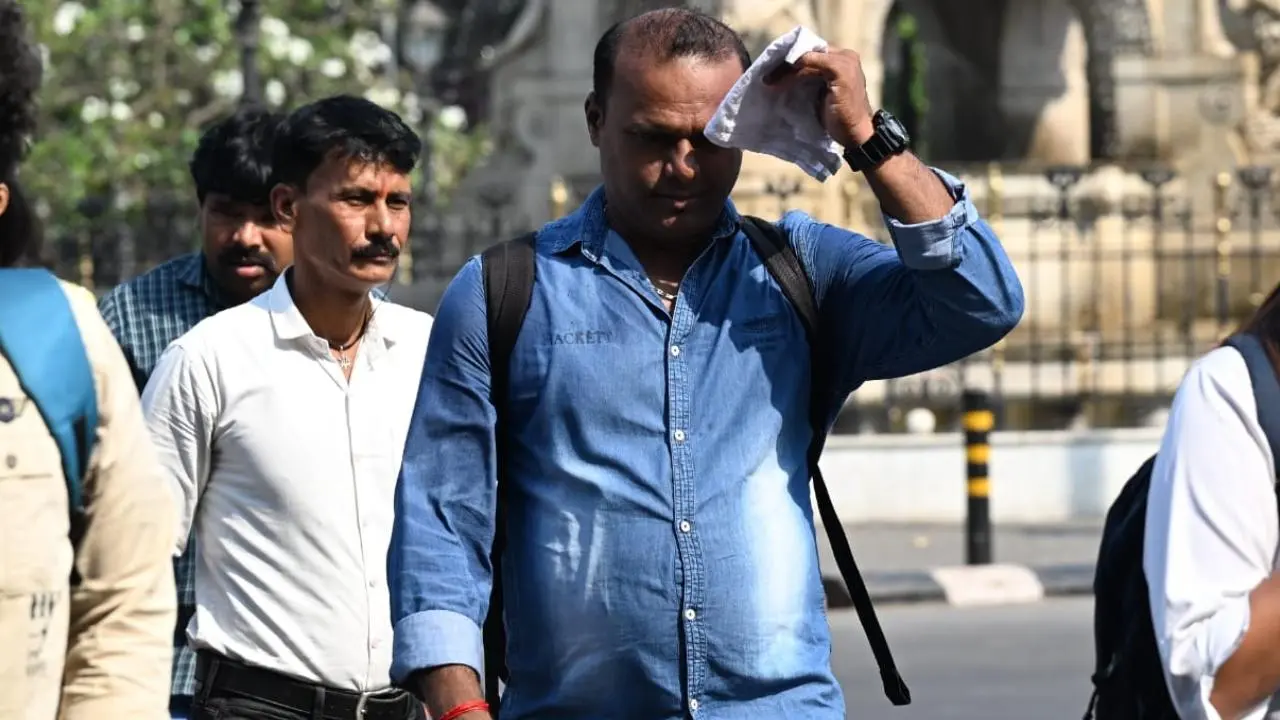A bill to outlaw local governments in Montana from implementing their own extreme risk protection order laws — commonly known as “red flag” laws, which are used by other judicial systems to prevent certain people from owning or buying guns — is headed to the governor’s desk. The Senate voted Monday to pass , sponsored by Rep. Braxton Mitchell, R-Columbia Falls, which would subject a local government that does put in place and enforce a so-called “red flag law” to fines of several thousand dollars — money which would go back into the state’s general fund.
Extreme risk protection order laws have been put in place in nearly half of U.S. states in an effort to keep guns out of the hands of people experiencing mental illness or who have made threats to themselves or others.

The bill passed its final vote in the Republican-led Legislature on Monday 29-19, with opposition from every voting Senate Democrat and Republican Sens. Wendy McKamey of Great Falls and Russ Tempel of Chester. On the bill’s final vote in the House, Republican Reps.
Ken Walsh of Twin Bridges and John Fitzpatrick of Anaconda joined every Democrat in voting against it. Sen. Theresa Manzella, R-Hamilton, who carried the bill in the Senate, said during debate Saturday the bill would prevent local municipalities from creating a “patchwork of laws that violate our constitution.
” Neither the state nor any local governments in Montana currently allow judges to issue extreme risk protection orders. The Montana Constitution a right to bear arms, and the state has some of the gun laws in the country; it does not require a permit for most firearms and is allowed unless a person is ineligible to carry a firearm, though permits are required in some places, and concealed carry is illegal in places like schools and federal offices. The state also local governments from regulating firearms except to protect safety in public buildings, which does allow cities and towns to regulate when and where rifles, shotguns and handguns can be fired.
Twenty-one states and the District of Columbia have extreme risk protection order laws on their books. They vary in terms of who can ask for one, from only law enforcement in some states, to police, family or household members, health care professionals, educators and judges in others, according to a kept by the University of Michigan. The length of such orders can range from a week for emergency orders issued absent a hearing, to a year or two once the order is upheld after an adjudicatory hearing.
HB 809 forbids a local government from adopting any type of ordinance or policy, and from accepting any grant money, that seeks to implement an extreme risk protection order. If a government violated that law, it could face a civil penalty of up to $10,000. The bill defines an extreme risk protection order as “an executive order or a written order or warrant issued by a judge, magistrate, or other judicial officer, with the primary purpose of reducing the risk of firearm-related death or injury.
” A local government would not be able to prohibit a person from controlling, owning, possessing, or receiving a firearm, nor would it be allowed to take a firearm away from a person. The lone exception would be when a person is subject to requested by another person and approved by a judge. While the U.
S. Supreme Court in 2022 expanded gun rights in the U.S.
, it also last year a federal law that prohibited domestic abusers from obtaining, possessing, or using firearms. Courts in and have also upheld their states' extreme risk protection order laws. Republicans in the Senate on Saturday were adamant that extreme risk protection orders violate the Second Amendment of the U.
S. Constitution, however, and infringe on people’s due process by allowing governments to obtain emergency orders without the person facing a hearing. Sen.
John Fuller, R-Kalispell, called the bill a “limitation of governments” in their ability to disarm the population. Mitchell had said in the House he saw the bill as an effort to push back against what he called the “tyrannical” regime of the Biden Administration, which encouraged states to use federal grants to implement red flag laws. Democrats, however, said the bill infringed on local government control and would put more people in danger or at risk of suicide.
In 2022, for which the most recent U.S. Centers for Disease Control and Prevention is available, Montana had the highest per-capita suicide rate in the nation, at 28.
7 people per 100,000. That same year, guns were used in two-thirds of suicides in Montana, the highest rate in the country, according to Johns Hopkins University Bloomberg School of Public Health A published last August in the Journal of the American Academy of Psychiatry and the Law of about 4,500 issued extreme risk protection orders in four states found it would take between 17 and 23 orders being issued to prevent one case of suicide. A Stateline found the number of extreme risk protection orders issued per 100,000 people went from six to 10 from 2022 to 2023.
In Colorado, which has a red flag law in place, 39% of the 353 extreme risk protection orders filed from 2021-2024 led to a firearm being relinquished, University of Colorado researchers. About 55% of those petitions were filed by law enforcement, and roughly 94% of those petitions were granted. Petitions filed by others were only granted 35% of the time.
After Rep. Ed Stafman, D-Bozeman, ran an extreme risk protection order bill in 2023, after its first committee hearing, Democrats did not bring a similar bill this session. However, Sen.
Andrea Olsen, a Missoula Republican, saw her to provide a tax credit for people who buy a gun safe suffer the same fate this year as Stafman's..
Politics

Bill to outlaw local 'red flag' gun laws headed to Montana governor's desk

Such laws are in place in 21 states to try to keep guns out of the hands of people experiencing mental illness or who have threatened themselves or others.













